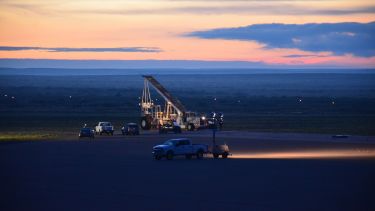The project started off in November 2019 with nine teams: ADCS, Optics, Structures, Electronics and Power, Finance, Outreach, Thermal and Communications. These were all supervised by Team Leaders and SunbYte managers.
The main tasks were done within our teams, where we held weekly meetings and once a month all of us would meet together for an overall progress update. Each team also received online support from the previous editions’ SunbYters who followed the process and provided useful tips on what worked and what did not in the past.
However, following the governmental guidance due to the outbreak of COVID-19 all of the works on the project had to be shifted to an online platform, which greatly slowed all of us down. Without being able to use the University’s laboratories to construct parts and test materials it was impossible to finish the project, but we kept on working online in areas where we could. A smaller group of us are still engaging in the project over summer and preparing for the next University year to begin.
As of today, we can proudly say that despite the inconveniences, the design phase is mostly done.
The Optics Team made a decision on what telescope, filters and camera will be used and they are ready to be ordered. A major difference to the past editions of SunbYte is that instead of using only the Ha filter we will be observing the Sun in two different filters- Ha (656.3 nm) and Ca-II K-line (393.4 nm). To switch between them and the raw telescope lens, a filter wheel will be incorporated into the design. This was never done before and although it is a challenge for all teams, we hope to make it work and lay good foundations for the future SunbYters.
In addition, teams Structures and Thermal are making great progress on attaching the motors to the CAD and fitting all of the components on the payload without minimising the movement range of the telescope.
All of the work regarding testing and integrating the parts into the final payload will have to wait until the 2020/21 academic year starts.

